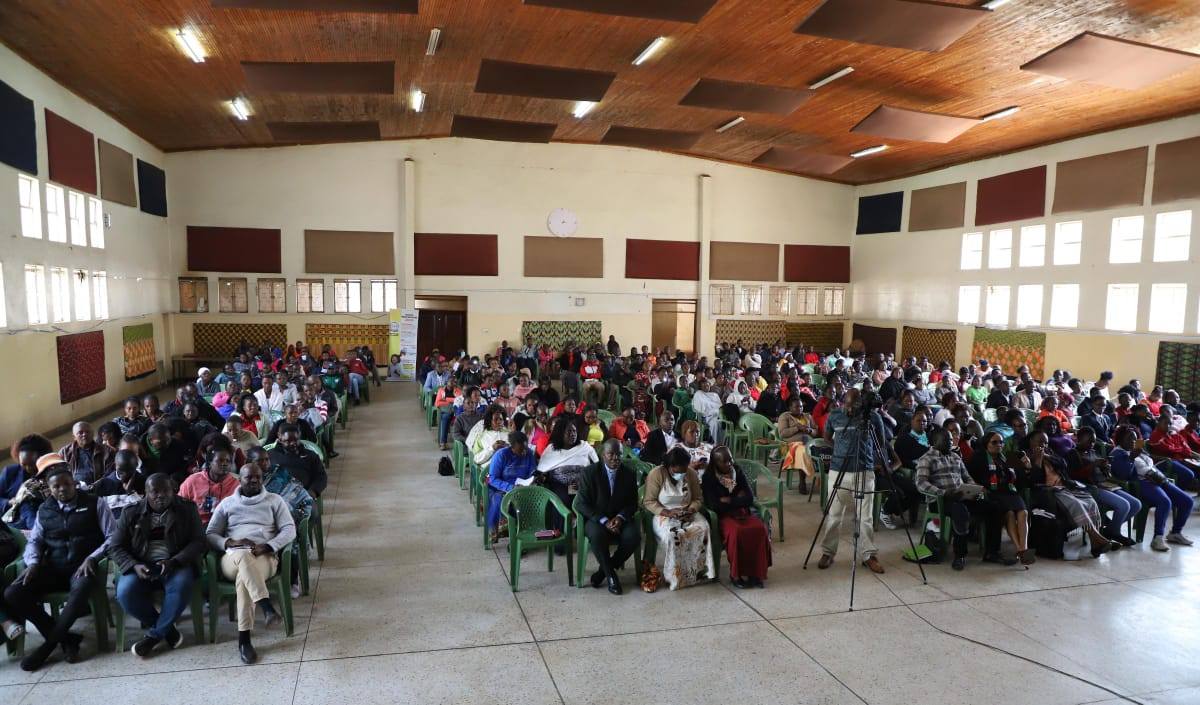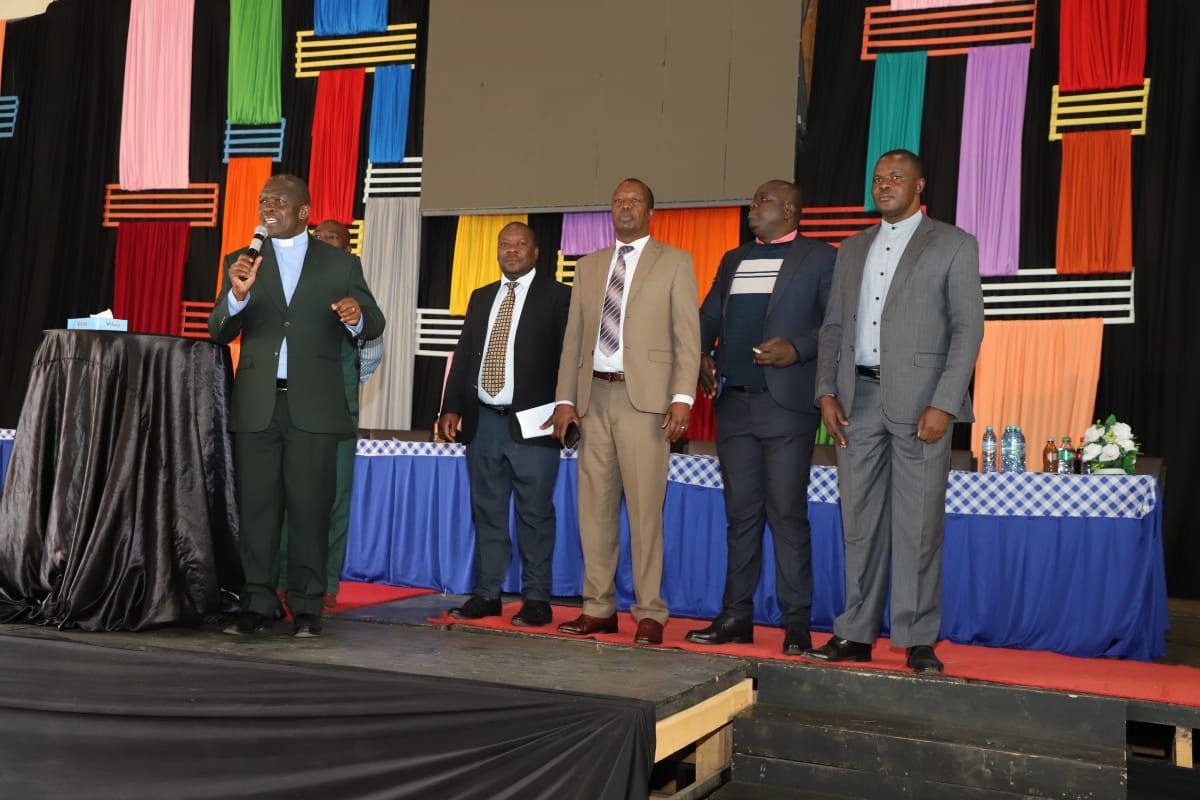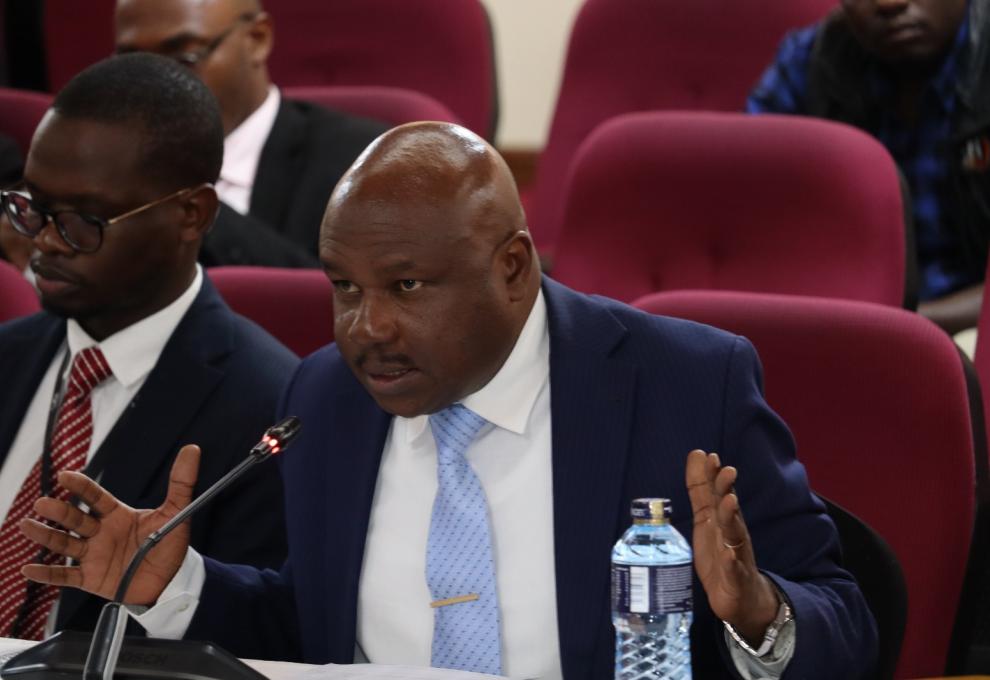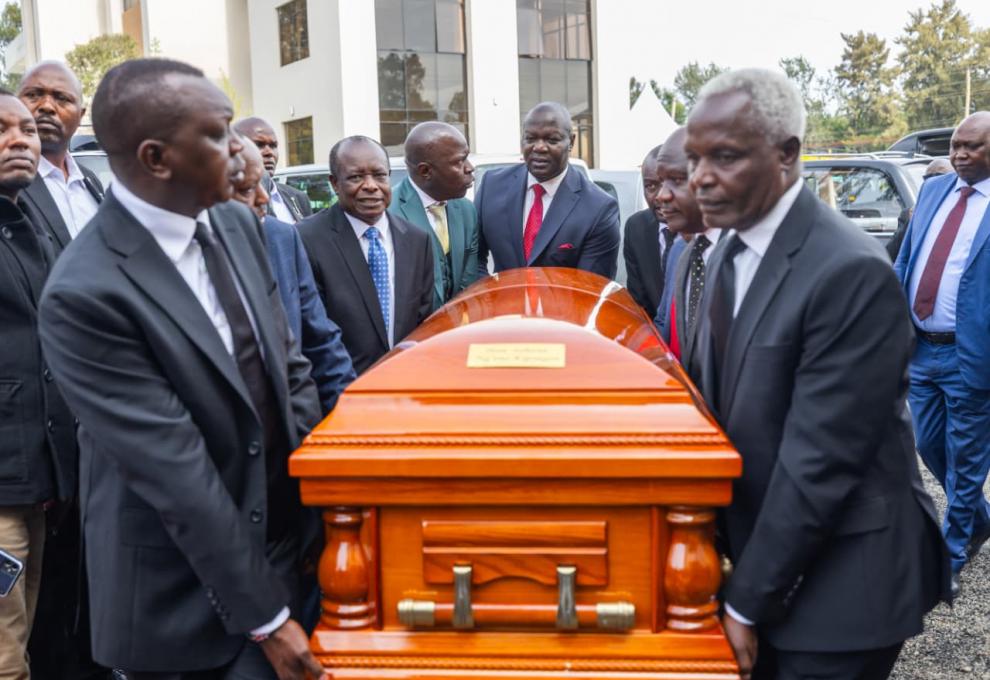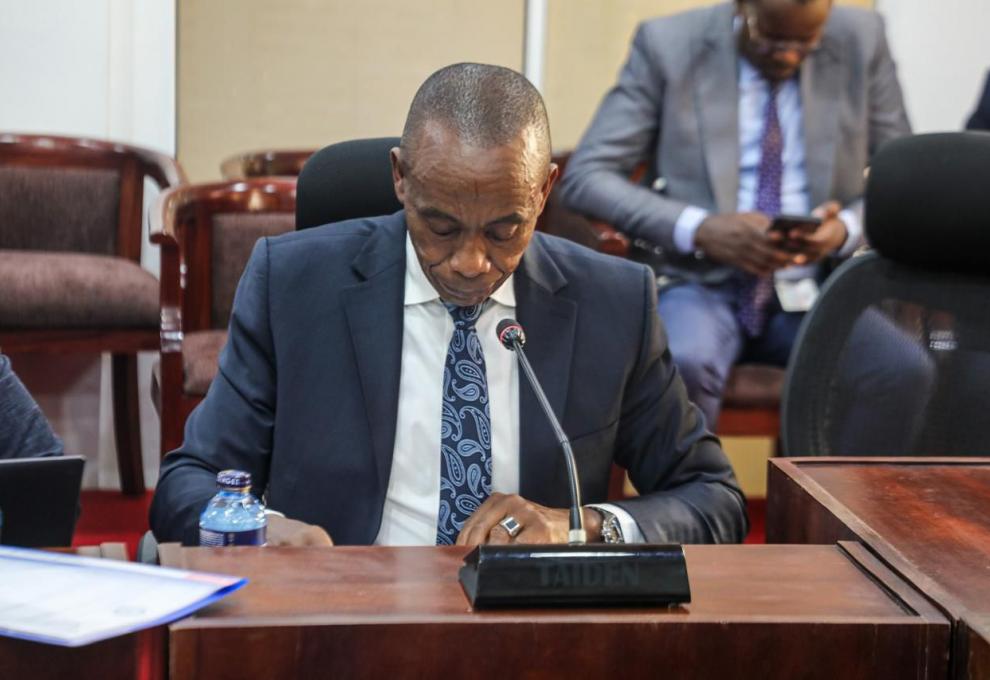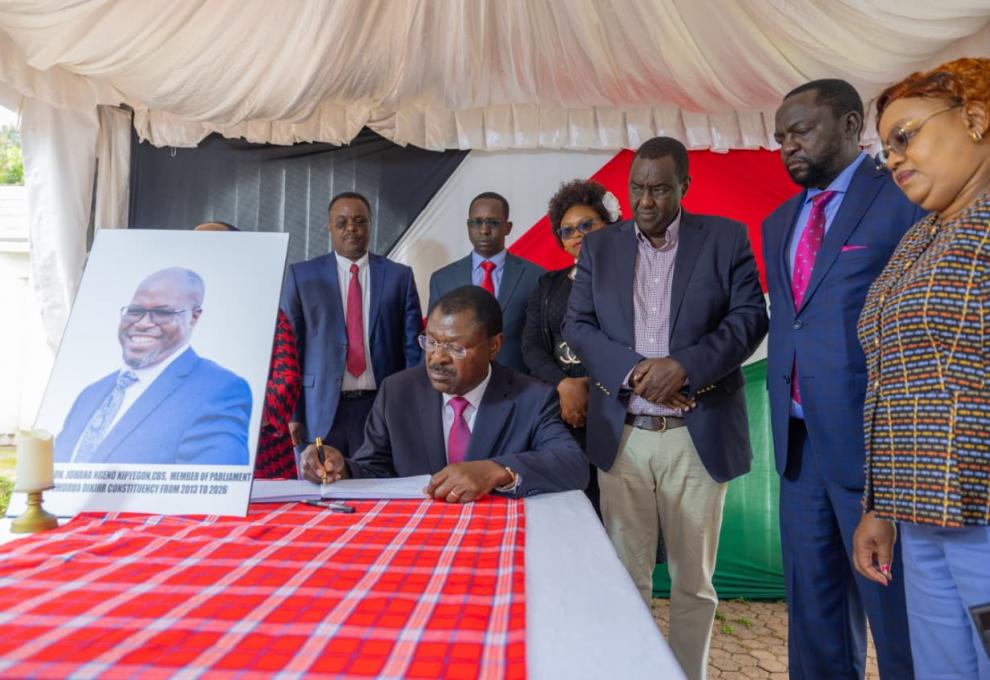𝐄𝐃𝐔𝐂𝐀𝐓𝐈𝐎𝐍 𝐂𝐎𝐌𝐌𝐈𝐓𝐓𝐄𝐄 𝐇𝐄𝐀𝐑𝐒 𝐒𝐓𝐀𝐊𝐄𝐇𝐎𝐋𝐃𝐄𝐑𝐒 𝐈𝐍 𝐏𝐔𝐒𝐇 𝐅𝐎𝐑 𝐑𝐄𝐂𝐎𝐆𝐍𝐈𝐓𝐈𝐎𝐍 𝐀𝐍𝐃 𝐅𝐔𝐍𝐃𝐈𝐍𝐆 𝐎𝐅 𝐀𝐏𝐁𝐄𝐓 𝐒𝐂𝐇𝐎𝐎𝐋𝐒 𝐈𝐍 𝐈𝐍𝐅𝐎𝐑𝐌𝐀𝐋 𝐒𝐄𝐓𝐓𝐋𝐄𝐌𝐄𝐍𝐓𝐒
The National Assembly Education Committee has pledged to fast-track a Bill that would formally recognize and support Alternative Provision of Basic Education and Training (APBET) schools, following public participation engagement in Dagoretti North and Ruaraka Constituencies.
The public participation was held at Lavington Primary School in Dagoretti North and Stima Club in Ruaraka Constituency brought together residents, teachers, parents, school proprietors and learners from Dagoretti North, Dagoretti South, Kibra, Mathare, Ruaraka Constituencies and Kiambu County.
The Committee is collecting views on the Basic Education (Amendment) Bill, 2025, sponsored by Hon. Antony Oluoch, which seeks to amend the Basic Education Act to include APBET schools under the legal definition of basic education.
Committee Chair, Hon. Julius Melly commended the work of APBET institutions in slums, saying,
“We recognize the efforts you put in eradicating illiteracy in informal settlements. You are filling the gap where the government has not, and you have produced brilliant minds. We will ensure this Bill is fast-tracked and passed.”
Under the proposed law, APBET schools—which include institutions in children’s homes, facilities for learners with disabilities, and community-run schools in slums—would be mapped, recognized, registered, and granted benefits equivalent to those enjoyed by public schools.
Stakeholders informed the Committee of overcrowded public schools and the vital role of APBET institutions.
“In informal settlements, there are no public schools on the slum. We want to be legally recognized as education service providers,” said Amos Kaguchia, a school proprietor in Dagoretti North.
Ms. Nelly Chepkurgat, a teacher, added, “Every child, regardless of where they come from, should be given equal opportunity to basic education. Children in informal settlements lack resources, but they have the same right to learn.”
For Austin Omondi, proprietor of Bright Angels School in Korogocho Slum, the lack of government support has negatively affected learning. “I have 350 children, but I do not receive any support. We are struggling to survive,” he said.
Educators also stressed the emotional toll on learners. “APBET school children must feel they are not different from those in public schools,” said Ouma Ayuko, a secondary school headteacher. “Right now, schools have closed because we can’t pay our teachers.”
Local leaders urged MPs to close the legal gap that has left APBET institutions in limbo.“There was a lacuna in the law. The Bill addresses registration of APBET schools, and we should waive some requirements to ensure they are registered and allocated resources,” said Kennedy Swaka, MCA and Vice Chair of the Nairobi County Assembly’s Education Committee.
Residents echoed calls for equity in access to education. “We have many children in the slums whose parents cannot afford private schools. We need APBET schools to be recognized and supported by the government. We are pleading for equality at the basic education level,” a Kangemi resident told the Committee.
Students themselves made direct appeals for help. Several urged MPs to pay teachers’ salaries and provide books and learning materials, saying they cannot learn effectively without basic resources.
The Committee acknowledged that in areas like Githurai Sub County there are only five public schools, APBET institutions are not just supplementary—they are essential.
“In our Constitution, education is free and compulsory, and should be provided by the Government,” Hon. Melly reminded the gathering. “In this country, we have public schools, private schools, and APBET schools. We must recognize and support them all.”
The Education Committee will now consolidate submissions from across the country before tabling its report in National Assembly.



